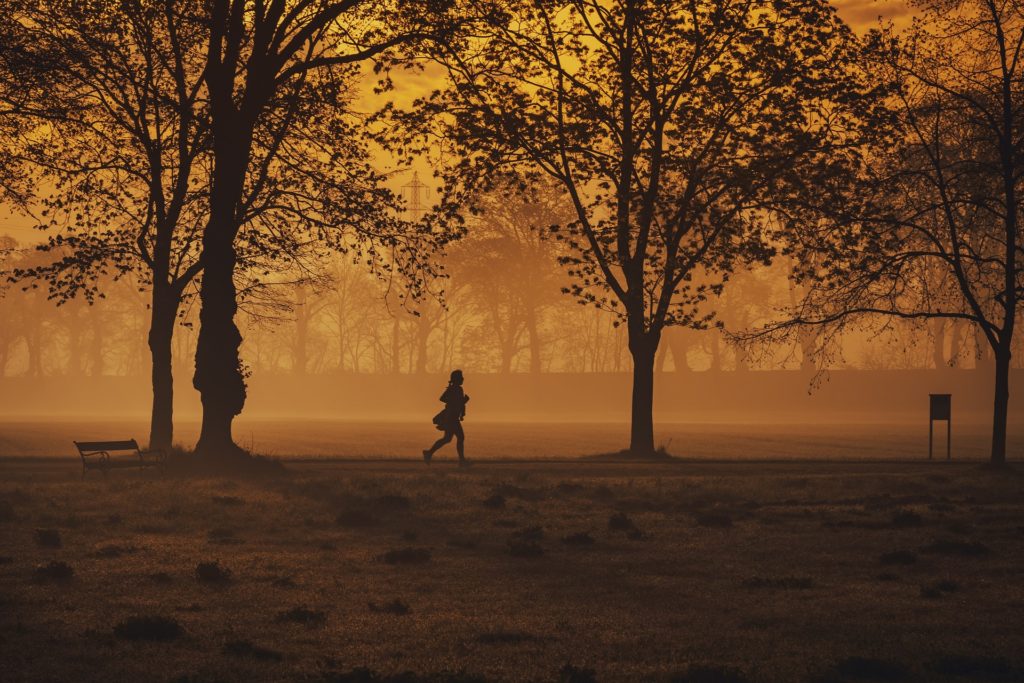I’m barely turning 40, but my generation still had the opportunity to play in the streets. I grew up on a cul-de-sac street, where the mussels were epic. In the neighborhood there were about ten very enthusiastic friends and we weren’t too bad at soccer. From time to time, we would look for challenges in the plaza or in some nearby neighborhood, and sometimes we had to run away because the games got hotter than expected. We also counted on TEC, which would open its doors for us to play. Those were endless and unforgettable afternoons. I am convinced that enjoying my childhood and adolescence in this way contributed greatly to my mental stability, especially in the midst of some turbulent family situations.
On October 10, we will celebrate mental health around the world: a fundamental human right, according to the World Health Organization (WHO). Statistics reveal that, in addition to abuse and human rights violations, mental health conditions increase the incidence of substance abuse, crime and suicide. People with severe mental health problems live 10 to 20 years less than the general population. WHO estimates that more than 55 million people are living with dementia and this number is expected to increase to 78 million by 2030 and 139 million by 2050. These data are alarming.
Public spaces as preventive medicine
Stress has been catalogued as the origin of many ailments and is related to multiple ailments and premature deaths. Public spaces, especially those that offer natural environments such as parks and gardens, as well as those areas that allow for exercise and enjoyment with family and friends, can provide a refuge from daily stress.
In addition, many public spaces could provide opportunities for outdoor physical activity. Regular physical activity is associated with better mental health, as it helps reduce stress, improves mood, and increases self-esteem. They are also places for socializing where culture, music, dance, and art can be enjoyed.
Unfortunately, in Costa Rica, many public spaces are dominated by crime and there is no clear path to improve this situation. In other countries these spaces are abundant. For example, in Mexico City there are more than 1,500, while El Salvador is working on revitalizing its historic center and creating new public spaces. Instead of being safe areas, many of our spaces become havens for drug dealers and users, turning them into dark and dangerous areas that deter traffic. It is a shame that they are not well-lit, safe and lively places, full of music, artists, tourists and families.
Citizen insecurity as a scourge against mental health
Times have changed. Today, it is less common for children and young people to enjoy these spaces. Staying at home is now considered safer. In my case, staying in to watch television was a punishment; what I really wanted was to go out and play, run and scream. However, today that possibility has become a precautionary measure.
Citizen insecurity in our country is wreaking havoc. According to the latest survey on government performance in Costa Rica, 65.8% of people feel that security has worsened and 47% of the population perceives a deterioration in education during the last 12 months.
The outlook is dark: limitations in education, increased crime, impunity, scarcity of public spaces, increased stress and deteriorating mental health. I wish I could go back to 1994, but since I can’t, I have decided to return to the soccer fields to challenge myself and contribute to my well-being. Mind you, I play with veterans now.

